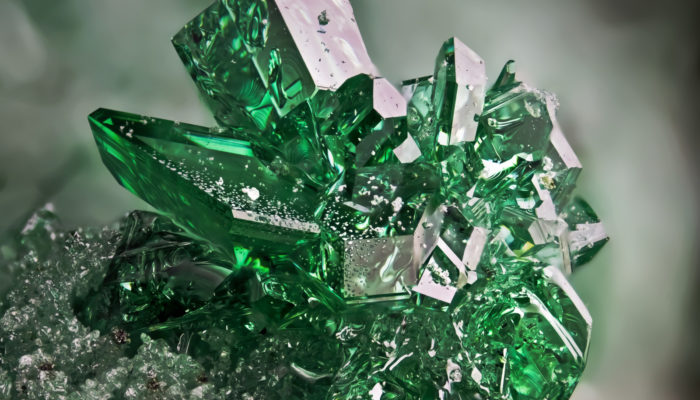
The anticipation is rising, the offices smell of gingerbread and cookies, papers get written to be done just in time for Santa and his elves. Everyone is happily stressed these days working on the perfect Christmas presents, but then… aah, what to present at next year’s EGU? Which session to attend? This is a friendly reminder of the abstract submission deadline at 15th January. Read up on how to submit an abstract and check the complete program. To make things a bit easier we would like to draw your attention to some highlights organized by Early Career Scientists we found in the program of the Climate Division.
The program features session about Past Climates (CL1), Present Climate (CL2), Future Climate (CL3), a combination of these three (CL4), Tools for Climate Studies (CL5), and interesting Short Courses (CL6). Learn more about palaeoenvironmental reconstruction based on palaeosols and ice core records, the integration of different proxy data in human evolution and dispersal studies, volatiles in the deep earth, and climate feedbacks during the last 5 million years in Past Climates.
The Present Climate program features PICOs about water-mass analyses and extremes in geophysical science. Maybe you are interested in the use of historical images in geoscience or climate model simulations, then these session might spark your interest. Finally, among many others there is also a session about ice-ocean-atmosphere interactions in the Weddell Sea, Antarctica.
Within the Future Climate program, we’d like to draw your attention to two inter- and transdisciplinary sessions: one deals with economics and econometrics of climate change, another focuses on nature-based solutions in urban environments.
If you research cannot be placed in CL1-3 because you deal with several time slices, check out the CL4 sessions about atmospheric circulation dynamics, shaping the Earth’s surface through climate, geology and biota, from forecasting to climate projections, or maybe the session about interdisciplinary and intercultural approaches in the North Atlantic region is of interest for you.
For the Tools for Climate Studies program group, we want to point your attention to novel approaches in geochronology, challenges and opportunities arising from palaeo-data compilations, a session about combining citizen science and open science, and a session about machine learning for earth system modelling.
Finally, please have a look at the fantastic Short Courses offered at EGU2020, where you can learn more about age models and geochronology, thermodynamics in the atmosphere, oceans and climate, and the climate science-policy interface. Visit the polar science career discussion panel or spice up your soft skills about PhD-student mentoring and supervision.
We hope that these suggestions sparked your interest and wish you all a relaxing and lazy merry Christmas in the circle of your friends and family,
The editorial board of the EGU’s climate division blog.
